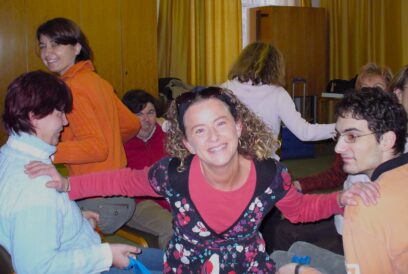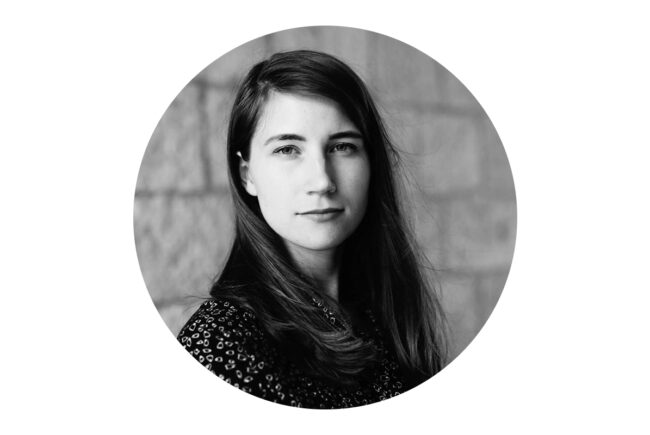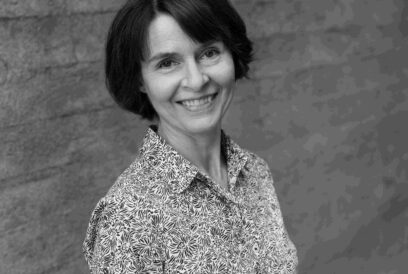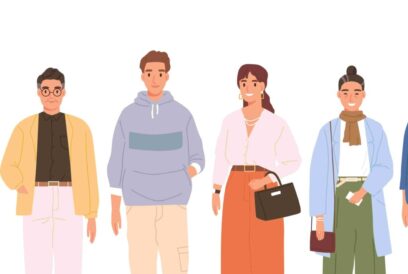

Validation in adult education – citizen’s right or a bugbear of achievement society
Published:How do you prove that you have a certain skill? This is the question on everyone’s lips in the field of non-formal or liberal adult education. My question was, do I really have to? The text is an editorial written for issue 1/2019 on Adult Education and Validation.
Most people working within the field of liberal or non-formal adult education recognise the type.
It’s usually someone over the age of 50 whose hobby is not, say, writing, lace-making or playing instruments but studying them. Year after year, these people, the vast majority of whom are women, attend adult education classes and keep the adult education organisations going.
Well, here’s a fun fact about me: I may not be middle-aged yet but I’m definitely one of these people. I have a serious addiction to non-formal learning. I’ve enrolled in Finnish adult education institutes to paint, sing, play instruments, make crazy artistic videos, take nude self-portraits, learn photoshop and Arabic and write novels.
In a world where our performances are constantly being measured and evaluated, the last thing I want is someone to come and give me a grade for my painting.
Nevertheless, my first reaction to the ongoing discussion about validation in adult education was “Et tu, Brute?”
I have never needed that and – sitting in the classes mostly with people in their fifties or sixties – I didn’t think others would either.
On the contrary, I like attending non-formal adult education exactly for the opposite reasons. In a world where our performances – even our personalities – are constantly being measured and evaluated in all sectors of our lives, the last thing I want is someone to come and give me a grade for my painting (which by the way would not be good, since I’m a terrible painter, and that sometimes is the whole point of it).
I saw this excitement with validation as some sort of a plot against the last remaining sphere of my life, where I could enjoy doing things just for the sake of them.
I started asking myself, have we so internalised the mindsets of a modern society obsessed with achievements that we need a framed diploma on our wall to tell us that we can do something?
AFTER DOING SOME RESEARCH for this theme issue, I realised two things.
The first is that talking with different members of the magazine’s editorial team confirmed that there are people who think along the same lines as me. Not having to evaluate, measure and give grades is an attraction thing, at least to some people who work in adult education institutes.
Also, one of the interviewees of this issue, French HR Consultant and learning technology expert Serge Ravet, calls for recognition instead of validation.
“If learning is validated by an institute, people feel like they are back in school. It is important for validation to be initiated by the people themselves,” he says in the interview.
But secondly, and more importantly perhaps, working with this issue served as a reminder that adult education answers many kinds of needs in the modern world. A well-formed overview of the situation and its flaws is presented in the flagship article of the theme issue.
The societal importance of adult education in all its forms is growing and will continue to do so.
The strength of adult education, especially non-formal, lies in its flexibility. It can have a role in, say, teaching basic skills to stay-at-home refugee mothers, upskilling employees in an ever-changing working life and supporting a career shift when someone’s entire profession is made redundant. For these examples and many more, if anything the societal importance of adult education in all its forms is growing and will continue to do so.
The good thing about the validation of non-formal and informal learning is therefore that, when done systematically, it makes visible the full range of knowledge and competences held by an individual, irrespective of where or how they have been acquired.
In short, validation can help countries overcome the skill gap, help with immigrant integration, help with workforce mobility in the EU, and boost the economy. It may also boost the self-esteem and motivation of learners.
What we need is motivating solutions that are up to date. We also need to ask questions about staff qualifications, as is pointed out in on article. You see, adult education also tends to be non-formal in the sense of staff prerequisites: teachers are generally not required to have qualifications.
Then finally, answers to many more questions will be needed when establishing a validation system, including what exactly should be measured (namely presence or skills), do learners have a right to a certificate and, if so, should the certificate of learning be included in the price of the course?
The lesson I take home is that it is easy to talk about the intrinsic value of learning when holding a master’s thesis.
Author






